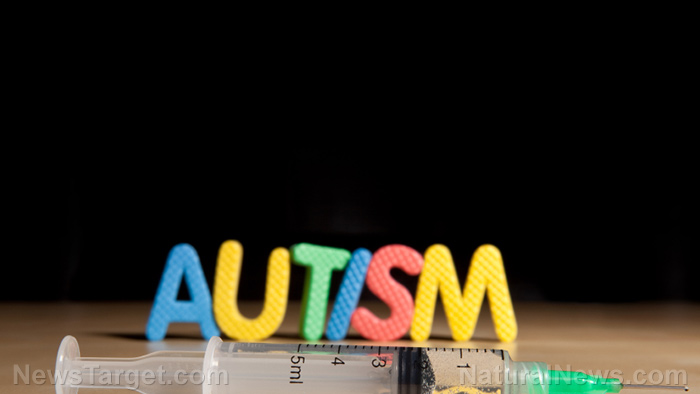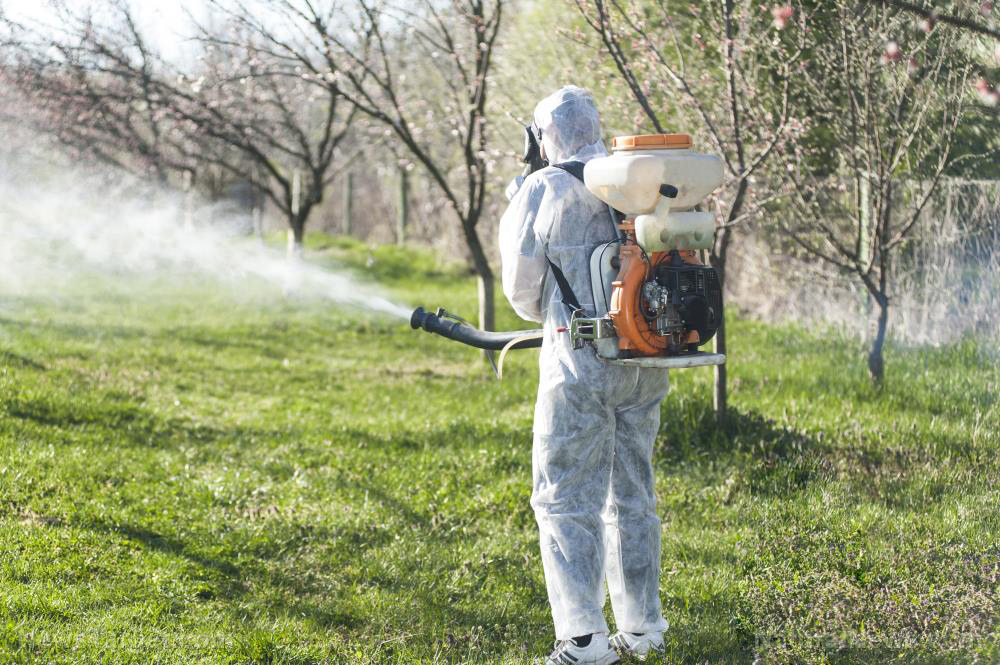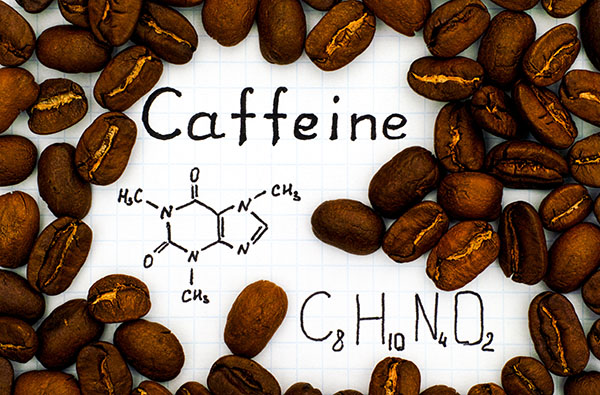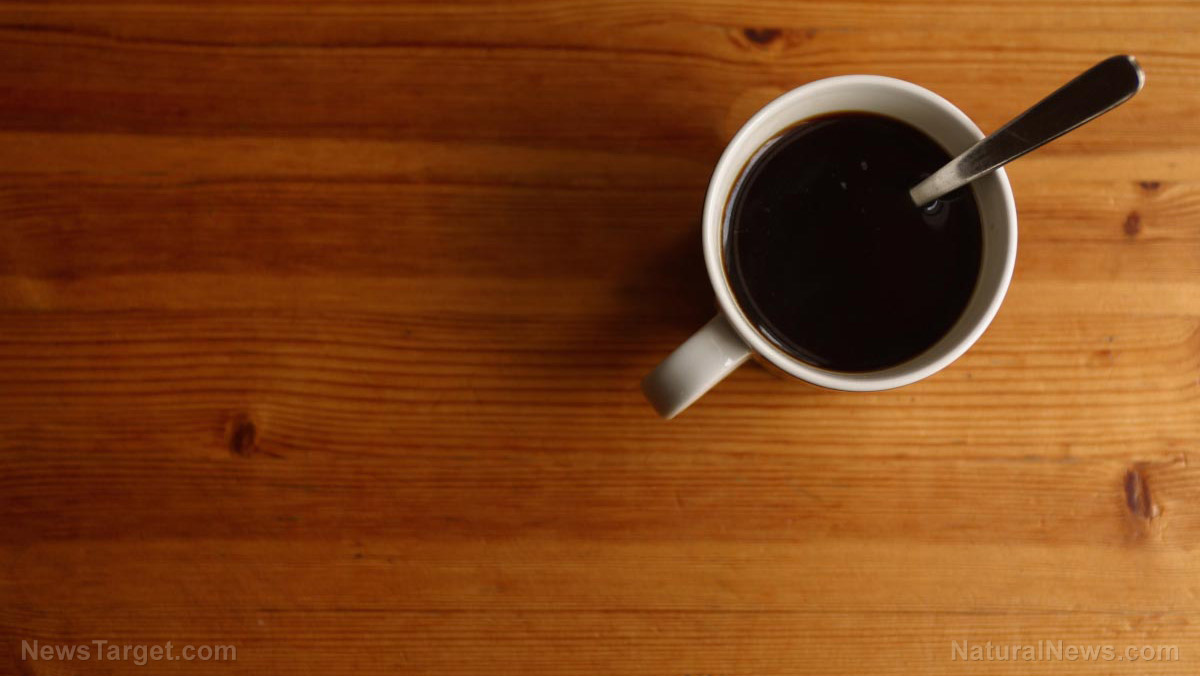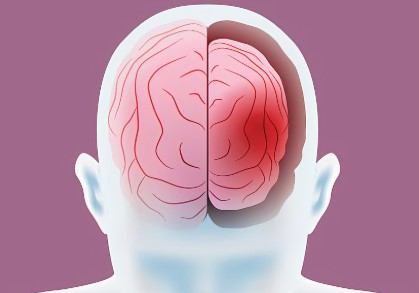Melatonin mania: Why parents need to rethink children’s sleep aids
11/10/2025 / By Ramon Tomey

- Reports from poison control centers show a 530 percent increase in melatonin exposure cases among children under 12 between 2012 and 2021, raising concerns about accidental ingestions – often due to gummy formulations.
- Melatonin, a hormone regulating sleep-wake cycles, became widely used as an OTC sleep aid. COVID-19 lockdowns exacerbated sleep disruptions, with childhood sleep issues jumping from 25 percent pre-pandemic to 46 percent in 2020, fueling melatonin’s popularity.
- A 2025 study linked chronic melatonin use in adults to doubled heart failure risk, with users three times more likely to be hospitalized and 2x as likely to die from any cause compared to non-users. Researchers urge caution, especially for those with heart conditions.
- The long-term effects of melatonin supplementation in children remain poorly studied, prompting warnings from health experts. Parents are advised to prioritize natural sleep solutions – consistent schedules, healthy environments – over reliance on supplements.
- Amid rising poisoning cases, experts emphasize addressing childhood fatigue through lifestyle changes rather than melatonin, urging caution until further research clarifies its safety for kids.
In an alarming trend, melatonin use among children has surged – leading to a spike in poisoning reports and raising serious health concerns.
According to data from the American Association of Poison Control Centers, melatonin exposure cases involving children under 12 years old increased by 530 percent between 2012 and 2021. This escalating issue has prompted health experts to warn parents about the potential dangers of melatonin misuse in children.
Melatonin, a hormone naturally produced by the body to regulate sleep-wake cycles, has gained popularity as an over-the-counter sleep aid. Dr. Sandra Cabot writes in “The Breast Cancer Prevention Guide” that melatonin “is produced in the pineal gland in the brain and it controls the body’s day-night rhythm.” She adds that production of this hormone “peaks at night when the eyes cannot detect light and helps [people] to sleep.”
But the Wuhan coronavirus (COVID-19) pandemic has also contributed to the increase in melatonin use. Prior to the pandemic, about a quarter of children suffered from disrupted sleep and this shot up to almost 46 percent in 2020.
Recent studies have also uncovered disturbing side effects associated with long-term melatonin use, particularly in adults. Other serious health issues, such as increased blood pressure, have also been reported.
One such paper presented at the American Heart Association’s Scientific Sessions 2025 found that long-term melatonin use in adults with insomnia may be linked to a nearly double risk of heart failure. Researchers behind the study tracked more than 130,000 adults diagnosed with insomnia.
The study revealed that 4.6 percent of participants who took melatonin for more than a year developed heart failure compared with 2.7 percent who did not. Those using the supplements were also more than thrice as likely to be hospitalized for heart failure and almost twice as likely to die from any cause.
The dark side of melatonin
“For people using melatonin occasionally or short-term, it may still be fine. But for those taking it nightly for years, especially with heart disease or risk factors, it’s worth having a conversation with your doctor,” said Dr. Ekenedilichukwu Nnadi, who led the research. “We need to treat supplements with the same care and skepticism as prescription drugs.”
The surge in melatonin use among children raises grave concerns, as the long-term effects of melatonin supplementation on pediatric health remain largely unknown. As parents grapple with the challenges of modern life, it is crucial to address childhood burnout and fatigue holistically.
By focusing on natural, lifestyle-based solutions, parents can help their children thrive without resorting to potentially harmful supplements like melatonin. As melatonin poisoning reports in children continue to rise, parents, healthcare providers and policymakers must take heed of these warnings.
While melatonin may offer temporary sleep relief, its long-term effects on children remain uncertain. Until more research is conducted, parents should exercise caution when considering melatonin supplements for their children. Instead, they should prioritize creating a healthy sleep environment, maintaining consistent sleep schedules and promoting overall wellness through natural means.
Watch this news report about the rising rates of melatonin poisoning in children.
This video is from the Daily Videos channel on Brighteon.com.
Sources include:
Submit a correction >>
Tagged Under:
cardiovascular disease, chemicals, children's health, Dangerous, health science, Heart, heart disease, melatonin, melatonin poisoning, poison, sleep health, sleep hygiene, supplements.report
This article may contain statements that reflect the opinion of the author


